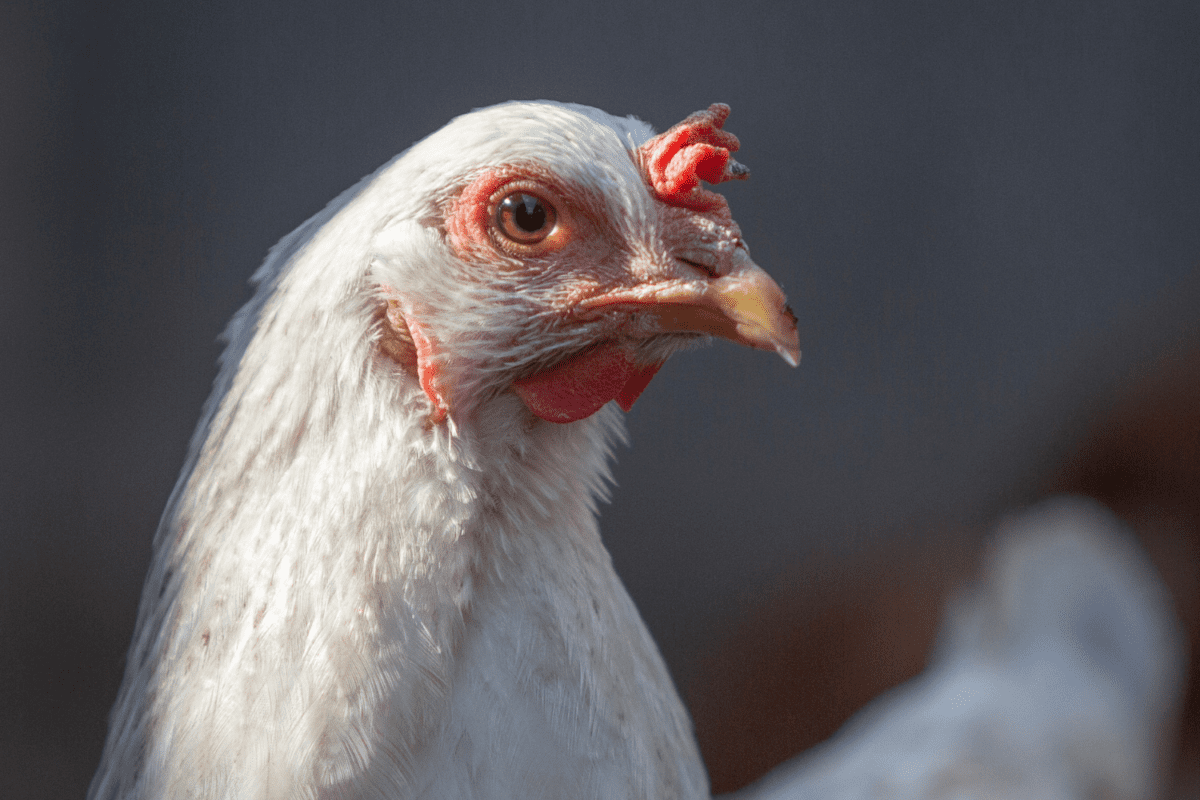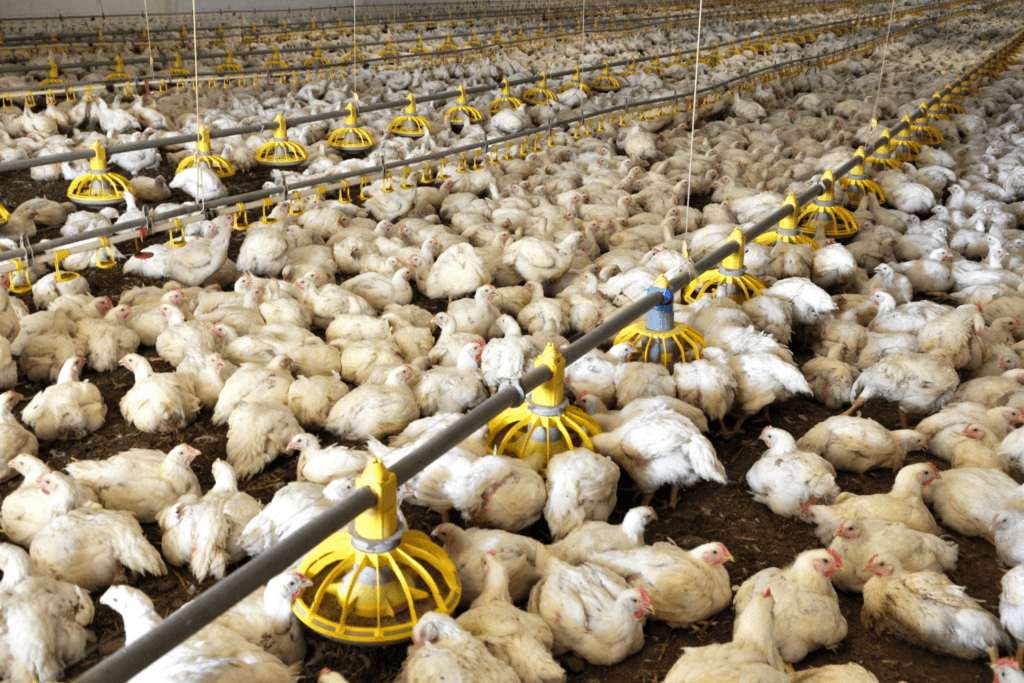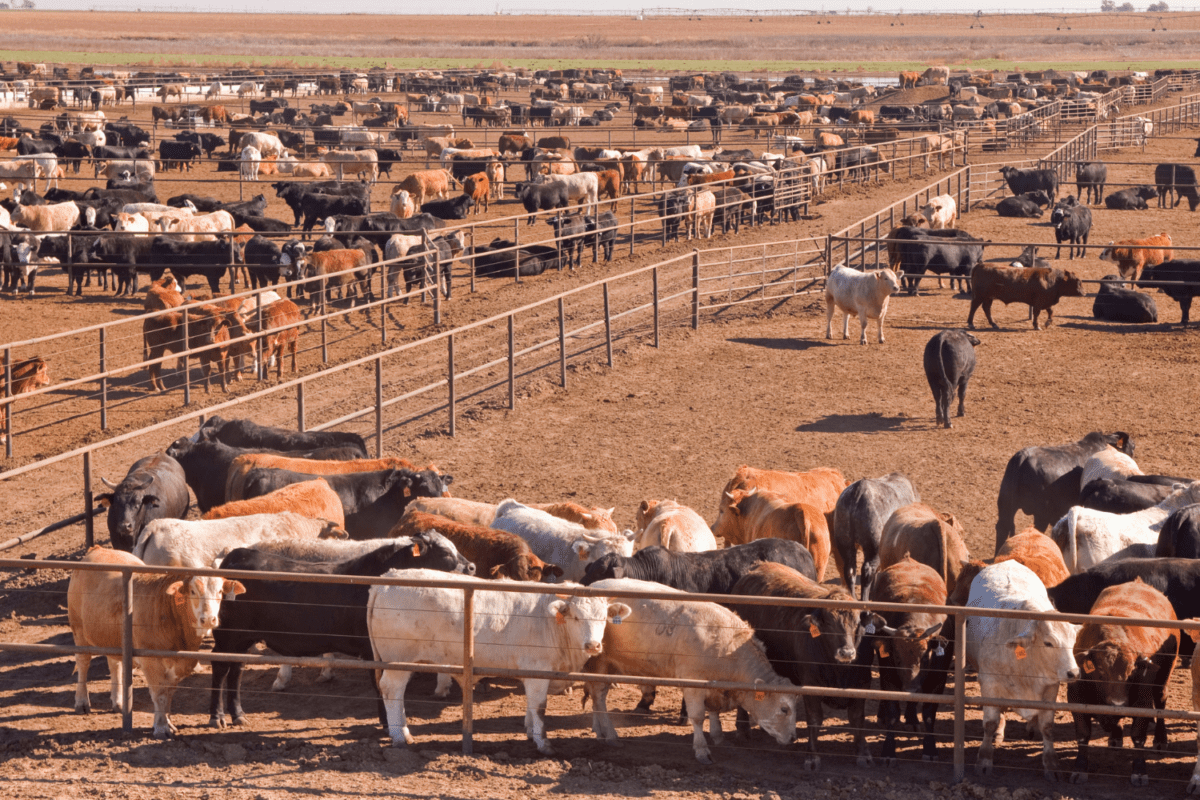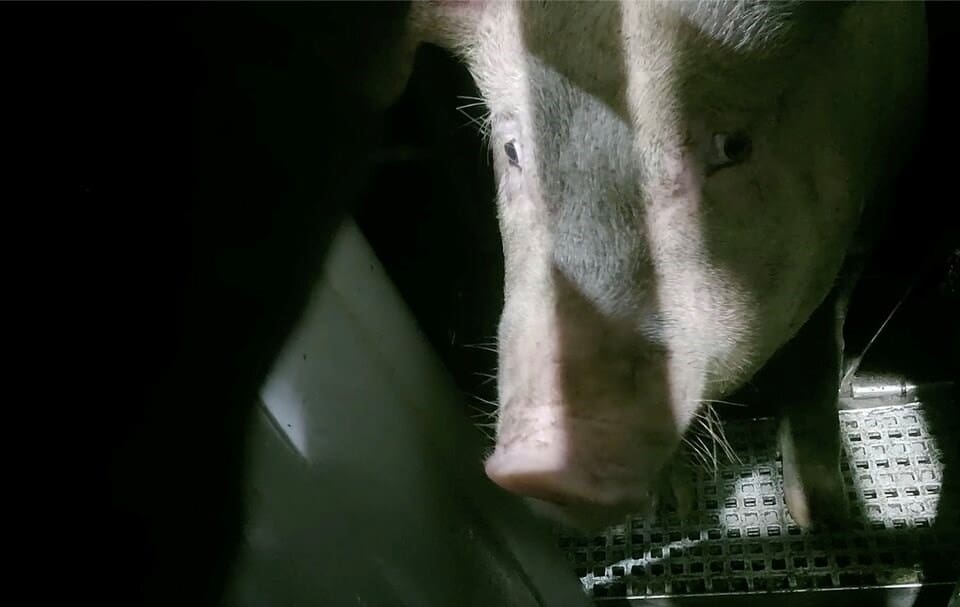Photo: Canadian Horse Defence Coalition
In late March, The Hill Times published an opinion piece by Senator Don Plett, an appointed leader who has vocally defended Canada’s controversial live horse export industry and delayed the passing of life-saving Bill C-355. The piece defended the shipping of live horses from Canada on long journeys overseas for slaughter.
Senator Plett denounced animal advocates who are standing up for horses while making many misleading claims, ignoring recent exposes that revealed the underreporting of horse deaths in transit and the prevalence of journeys that exceed the legal time limit.
Earlier this week, The Hill Times published a second opinion piece by Kaitlyn Mitchell of Animal Justice setting the record straight.
Senator Plett incorrect about horse exports: Animal Justice
Mitchell calls Senator Plett’s defence of the live horse export for slaughter industry “a bold move, given that the industry is seen as a national embarrassment to most, with nearly 80 per cent of Canadians of all political stripes supporting its timely end.”
The piece outlines several of Senator Plett’s misleading claims, including:
- The claim that horses exported for slaughter have “ample room”. “This despite countless images captured at Canadian airports showing these horses crammed together in wooden crates as well as evidence given by the horse racing industry and others at parliamentary committee hearings on this issue last year.”
- The claim that “qualified” attendants are present on flights. While sport horses often travel with multiple staff, Mitchell notes that “a single attendant on a flight of 100 or more horses packed into a cargo hold can do little to assist horses who may fall or become injured or stressed during transport.” Records show that these attendants routinely miss animal injuries, including a January 2024 incident involving four collapsed horses, one of whom was already dead and two of whom died after landing.
- The claim that “virtually no deaths of horses during transport have been ‘reported to the CFIA'”. Mitchell outlines the underreporting of horse deaths: “Government of Japan data from June 2023-June 2024 alone shows that although no deaths or injuries were reported to the CFIA during this time, at least 22 horses died during or shortly after transport and more than 60 others suffered serious injuries and illness.”









